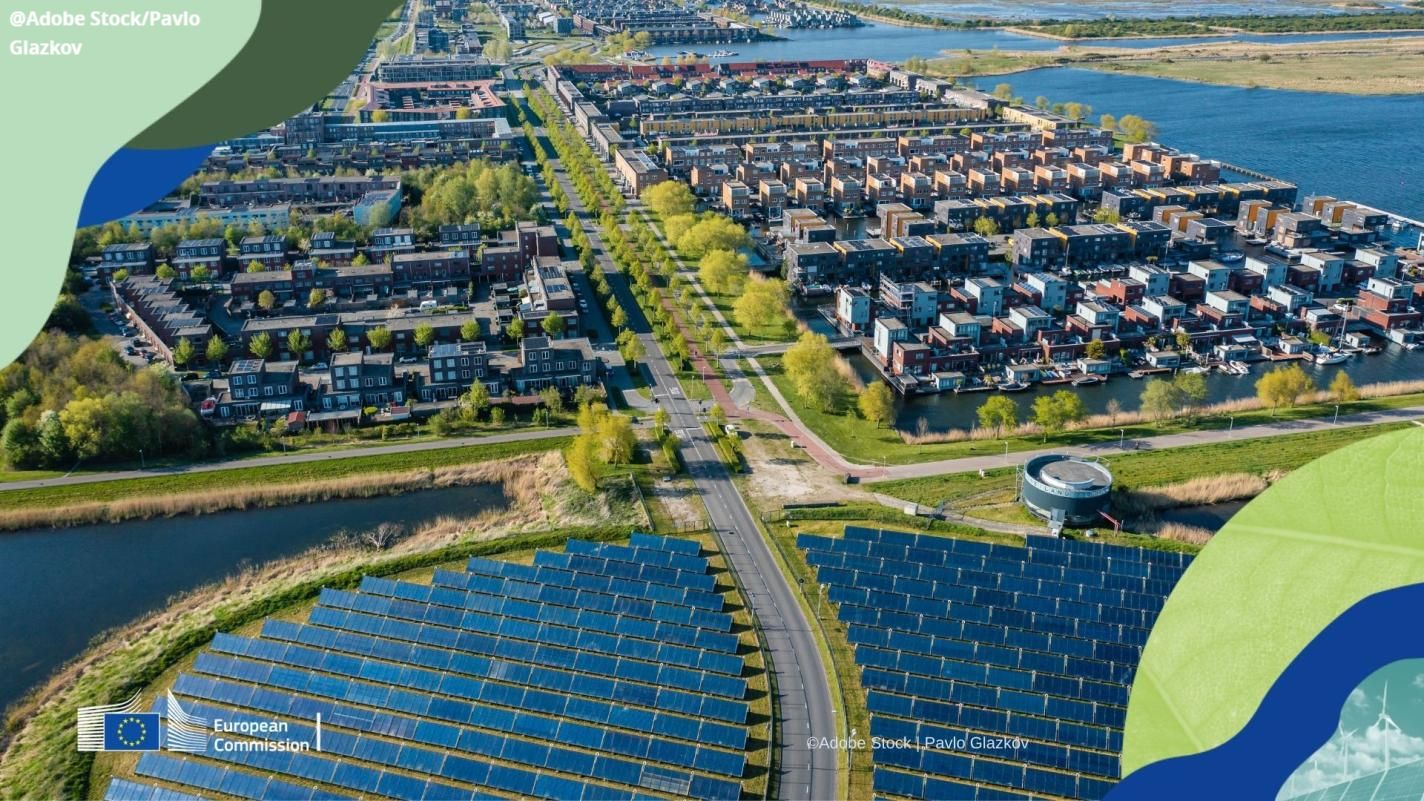
The European Commission published its 2023 State of the Energy Union Report on 24 October. It analyses the EU’s energy and climate policies and response to the energy crisis; the implementation of the Energy Union and the progress of member states’ National Energy and Climate Plans (NECPs); and the upcoming challenges to the EU’s energy system.
The report highlights how the REPowerEU Plan and other legislative measures allowed the reduction of gas demand and avoided disruptions. It assesses that in 2022, 39% of electricity in the EU was generated by renewables, and that in May 2022, wind and solar power surpassed fossil fuels for the first time. Indeed, solar and wind energy-generating capacities grew by respectively 60% and 45% since 2021. Overall, EU net greenhouse gas emissions fell by 3%, reaching a 32.5% reduction compared to 1990 levels.
While gas storage facilities are 98% full, making the EU ready for next winter, the report warns against complacency and details the many challenges ahead. Completing the EU Green Deal, boosting competitiveness, ensuring a reliable supply of critical raw materials, leveraging investments for the clean energy transition, guaranteeing affordable energy and protecting consumers, strengthening the grid, and addressing skill shortages are key steps for the years to come.
The publication also underlines that the EU has to act much faster when it comes to reducing greenhouse gas emissions and deploying new renewable energy. Indeed, it indicates that the share of renewables in final energy consumption has increased on average by 0.67 percentage points since 2010. Achieving the 42.5% target by 2030 will require adopting a much stronger rhythm. Similarly, if dropping at a constant speed and if all current policies are implemented, greenhouse gas emissions are foreseen to be 45% lower than in 1990 by 2030, far from the EU’s 55% target.
Without providing an analysis of these sectors’ policies, the report finds transport, buildings, and agriculture to be the main areas where more actions are needed. But overall, member states will have to make significant efforts to reach net-zero by 2050. With the crisis, many responded by distributing significant fossil fuel subsidies, and only 15 member states submitted their NECPs in time. Poland, Germany, and France, which are amongst the top polluters in the EU, have reportedly not met the EU Commission’s deadline. Presenting a credible and united front is all the more important as the EU prepares for COP28 and aims to push for a global phaseout of unabated fossil fuels there.
According to the data provided in the NECPs, many NGOs pointed out their inadequacy and warned that the current objectives – which member states are already failing to comply with - would not allow aligning with a 1.5-degree Celsius warming pathway.